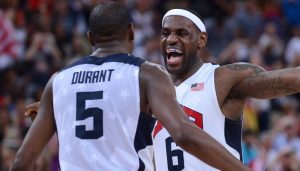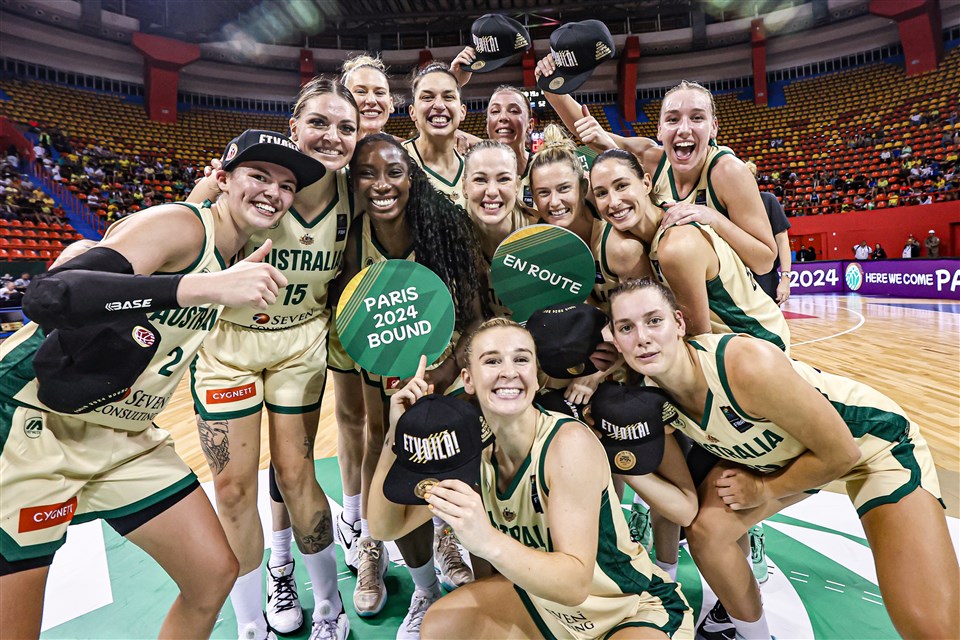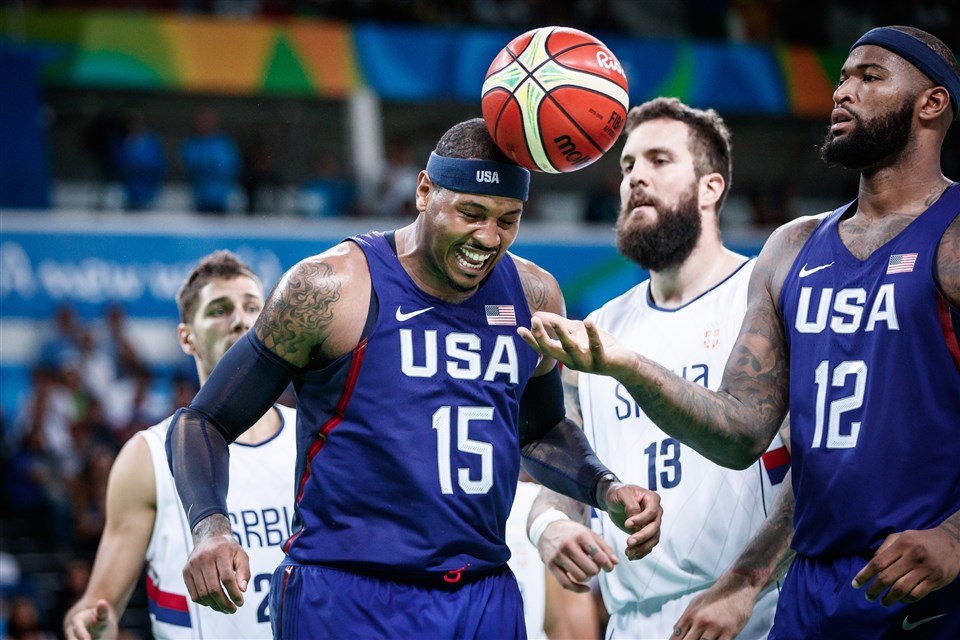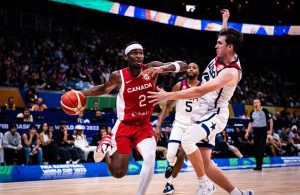2021 Class of FIBA Hall of Fame: Detlef Schrempf

MIES (Switzerland) – Detlef Schrempf, who had a long, impressive career in the NBA and starred for Germany at two Olympics and two FIBA EuroBaskets, is being inducted to the FIBA Hall of Fame.
Schrempf is being enshrined in the Class of 2021, with legendary players Mathieu Faye (Senegal), Hana Horakova (Czech Republic), Panagiotis Giannakis (Greece), Stanislav Kropilak (Slovakia), Oscar Moglia (Uruguay -posthumously), Penka Stoyanova (Bulgaria – posthumously), Sergey Tarakanov (Russia) and Haixia Zheng (China) and coaching greats Chuck Daly (USA – posthumously), Tom Maher (Australia) and Ettore Messina (Italy).
Schrempf is one of the all-time greats, and how he discovered basketball is one of the most notable and told stories in the sport in Germany. It happened after Schrempf changed schools during his childhood. At his new school was a PE teacher named John Ecker, the John Ecker that had played basketball for the legendary John Wooden at UCLA.
Ecker, who won three NCAA titles at UCLA, introduced Schrempf to basketball and there was no turning back. He suited up for Leverkusen’s youth teams in Germany and then set out to play a year of high school basketball in the United States. He ended up playing in the state of Washington, in Centralia.
That one season served as a launchpad for a great career.
Schrempf, who measured 1.98m (6ft 6in) in height, moved in with a host family and not only played for the Tigers but was their MVP, leading them to the Class AA state high school title. He poured in 24 points in the championship game.
“My whole idea was to go to the States for a year, see what basketball was all about,” Schrempf said recently to the Sonics Forever podcast, “to learn English and go back, become a star of the German league. I just never went back.”
Schrempf instead remained in America and as fate would have it, stayed in the same state to attend the University of Washington. Only that almost didn’t happen.
“There were no scholarships available and I came late (to the Huskies),” Schrempf said. “Nobody thought I was going to stay, so they basically threw an offer at me at the last minute and said, ‘Well, one of the kids isn’t eligible so if you want a scholarship, we have it. And I took it.'”
Schrempf seized on the opportunity and played four years of NCAA basketball for the Huskies.
He led the team to Pac-10 titles in his final two seasons and into the NCAA Tournament. During his time there, he also represented Germany in the summers, playing for the national team at FIBA EuroBasket 1983 in France and at the 1984 Olympic Games in Los Angeles.
By the end of his sophomore year, Schrempf had a good idea that he was going to play professional basketball and sure enough, he did.
After his standout collegiate career, the Dallas Mavericks snapped him up with the eighth overall pick in the NBA Draft.
He warmed up for his rookie season by representing his country at FIBA EuroBasket 1985 in West Germany, averaging 24.4 points as his team finished fifth.
In the NBA, Schrempf then started what would end up being a 16-year career in the league. He spent four seasons with the Mavs and then, after being traded to Indiana in February 1989, his career took off with the Pacers.
He earned the prestigious NBA Sixth Man award in both 1991 and 1992.
Also in 1992, Schrempf played for his national team in one of the most famous international basketball tournaments ever, the Barcelona Olympics.
Germany’s main man and the fifth leading scorer in the star-studded tournament at 23.1 points per game, Schrempf led his national team to the Quarter-Finals.
Back in the NBA, Schrempf returned to Washington in 1993 when the Pacers traded him to Seattle just a day before the start of the season. Schrempf had a starring role in an electrifying Sonics team and even made it to the Finals in 1996.
He played for several more seasons, the last two with the Portland Trail Blazers.
Today, it’s common to have multiple European players on NBA teams but in Schrempf’s time, that wasn’t the case at all. He truly was a pioneer and showed that players from the old continent could not just compete but excel in the world’s top league.
Schrempf has plenty to keep himself occupied these days. He founded, with his wife, Mari, the Detlef Schrempf Foundation in 1996. The non-profit, charitable organization has raised millions of dollars for people in need. Schrempf has more recently helped launch the Erase the Hate campaign in a bid to eradicate racism.
Upon learning that he was to enter the FIBA Hall of Fame, Schrempf expressed his gratitude.
source:FIBA





